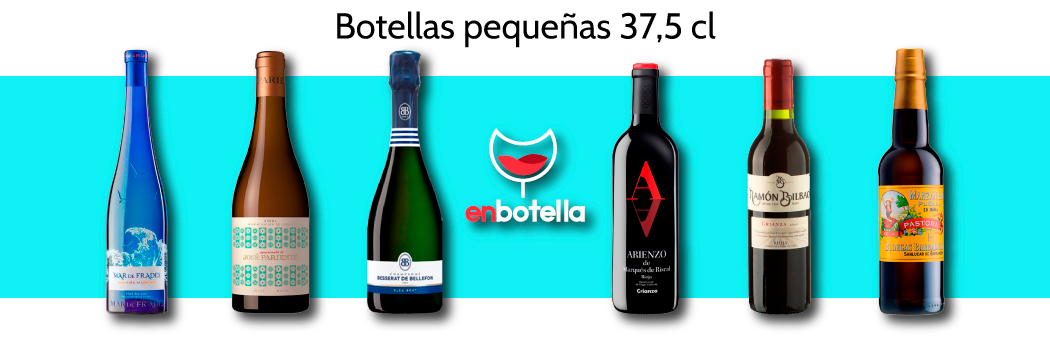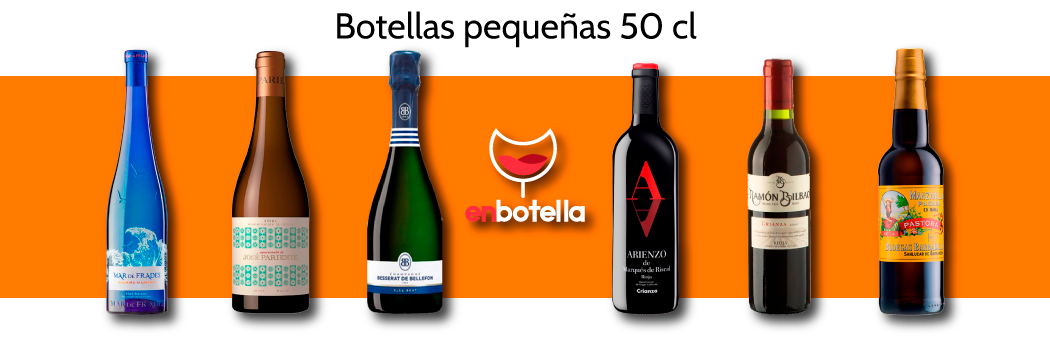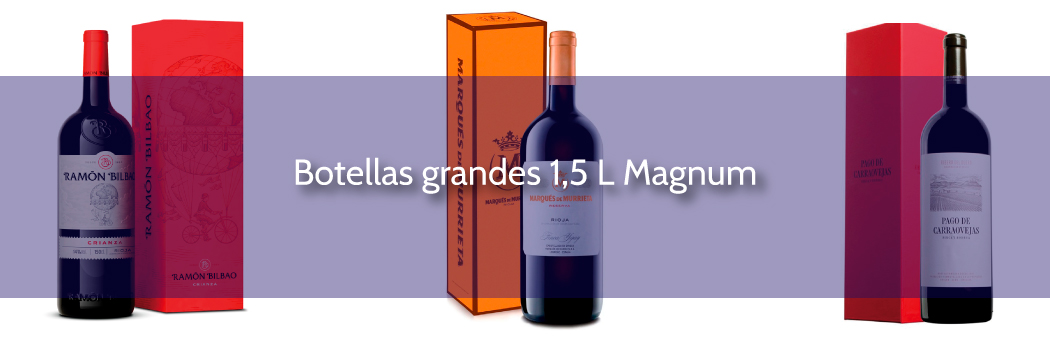How are aromas introduced into wine?
Smell and the difference between Smell and Aroma
The sense of smell is, within the five senses, the one that has the most memory. Smells are associated with people, places, moments... Therefore, if we learn to differentiate one wine from another we will know its place of origin, the vineyard, season and grape from which it comes from and, in addition, the enjoyment of it will be wonderful.
Before classifying the types of wine aromas, it is essential to know that in the world of wine, smell is not the same as aroma.
Smell is usually linked to negative olfactory sensations for the product, such as humidity, while aroma is synonymous with pleasant, even seductive vibrations.
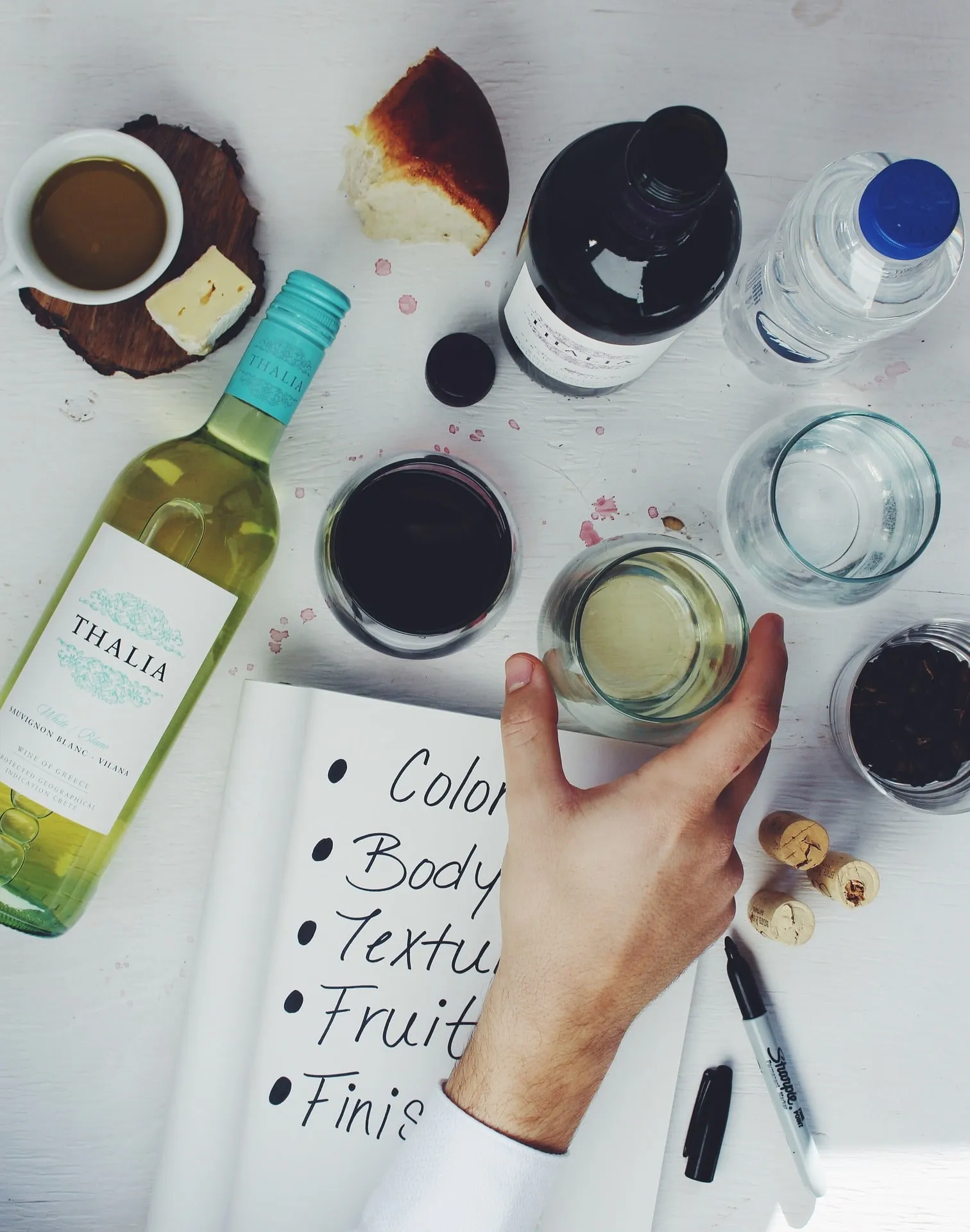
The three types of wine aromas
The aroma of wine is divided into three types: primary, secondary and tertiary
Primary aromas are those that come from the grape variety, those that the grape contributes to the wine and these are very varied.
There are four primary aromas: mineral (iodine, petroleum), fruity (apple, citrus), vegetable (truffle, thyme) and floral (rosemary, jasmine).
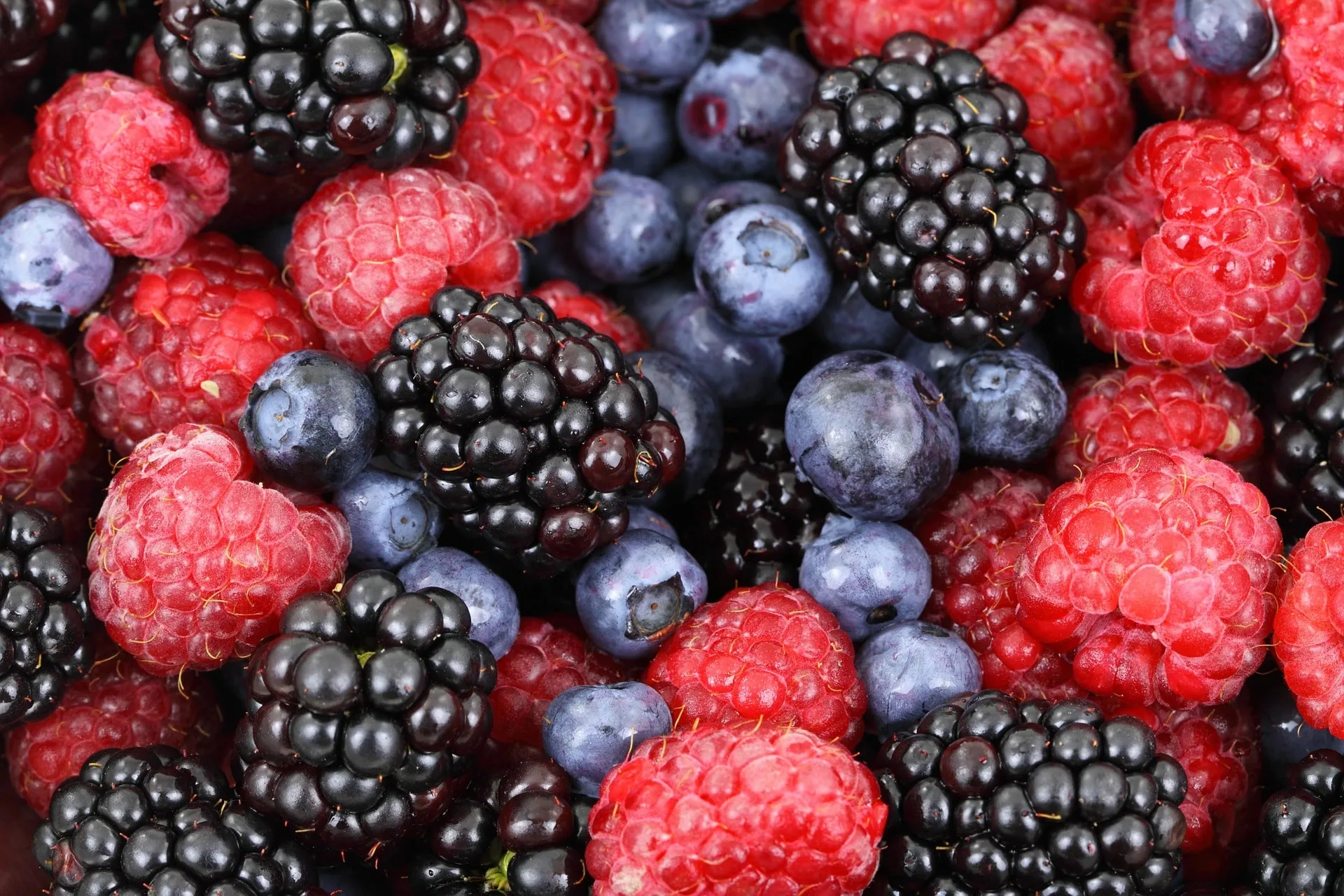
Secondary aromas come from the process of the two fermentations, alcoholic or malolactic, and therefore depend on the yeasts and fermentation temperatures.
This process produces milky aromas, reminiscent of bakery, and others similar to varnish. They differ in that they are very sweet.
Tertiary or bouquet aromas encompass those of long-aged wines, those from barrels and long-aged bottlings.
The primary and secondary aromas mingle inside the bottle and, when the bottle is opened, it gives off an aroma reminiscent of animal skins, coffee, toast.
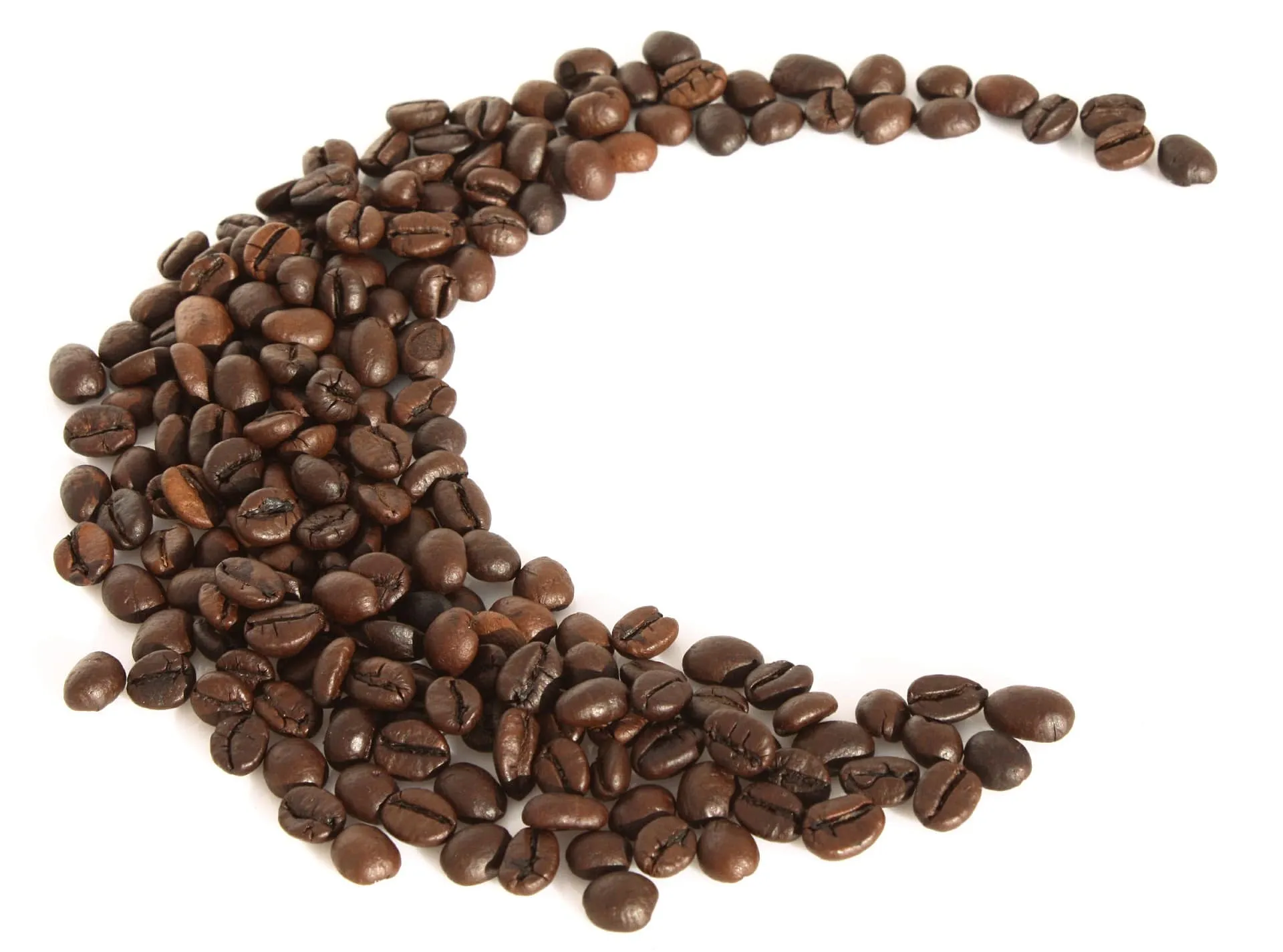
This third classification is peculiar because the aroma does not last, but is ephemeral.
On what does it depend?
Exactly, the aroma that the wine will give off when it is uncorked begins with where the vine is planted (the soil), the air, the water that feeds it and the moment when the grapes were harvested.
The soil contains aromatic compounds, as well as the elements necessary to create the vineyard.
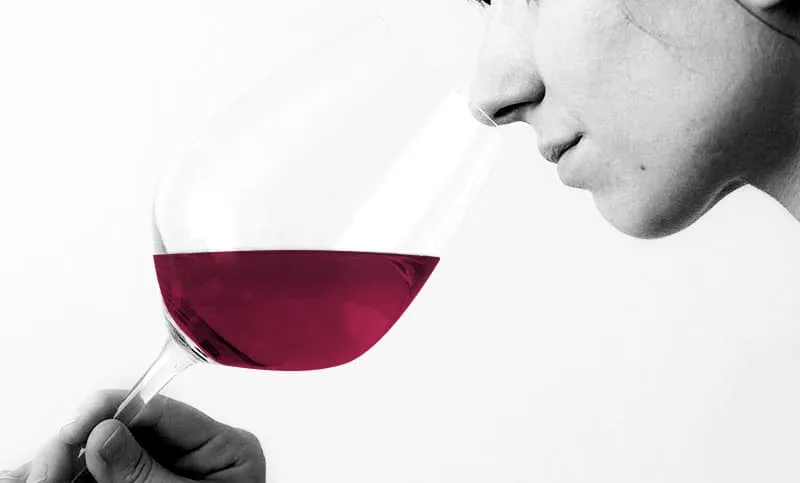
The winemaking process, storage, ageing time, temperatures and time spent in bottle also play a role
Getting the desired aroma is very difficult, but wine always produces good sensations, so any time is the perfect time to pour yourself a glass and try to discover this unique pleasure that wine gives.

